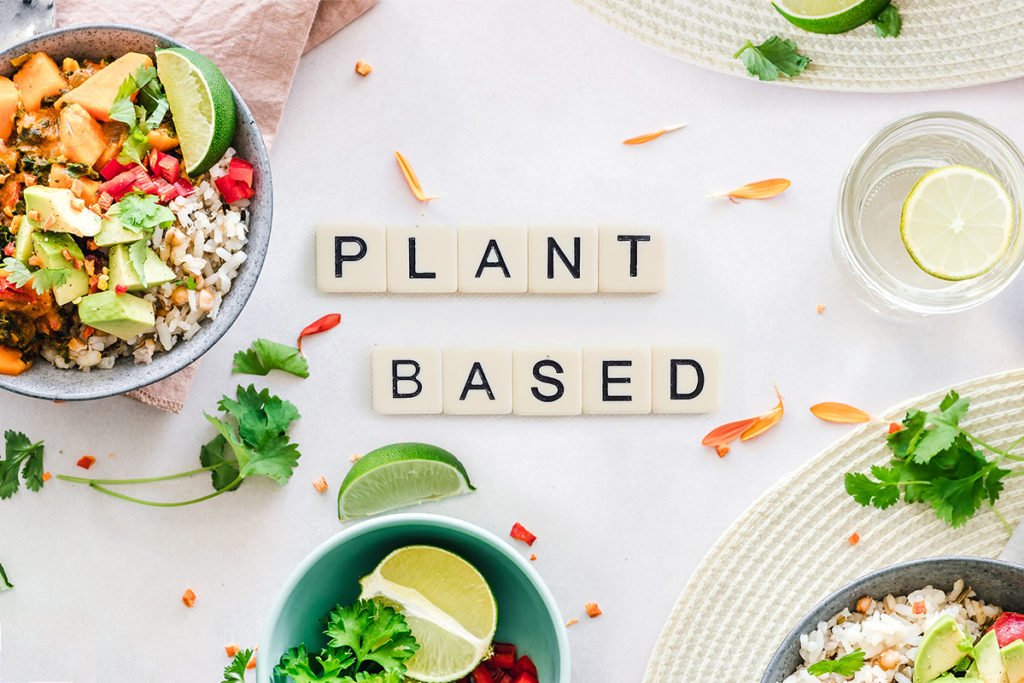Plant-based diets have surged in popularity over the past few years, driven by growing awareness of their health benefits, environmental sustainability, and ethical considerations. Whether motivated by the desire to eat healthier, reduce one’s carbon footprint, or avoid animal products, more people than ever are making the switch to plant-based eating.
What Is a Plant-Based Diet?
A plant-based diet focuses primarily on foods derived from plants, including vegetables, fruits, grains, nuts, seeds, and legumes. While some people choose to eliminate all animal products (veganism), others may incorporate small amounts of meat, dairy, or fish, making plant-based eating flexible and customizable to individual preferences and needs.
Health Benefits of a Plant-Based Diet
1. Improved Heart Health
- Lower Cholesterol: Plant-based diets are naturally low in cholesterol and saturated fats, which can help reduce the risk of heart disease.
- Blood Pressure Control: Consuming more fruits and vegetables is linked to lower blood pressure, a major factor in cardiovascular health.
2. Weight Management
- Nutrient-Dense Foods: Plant-based diets are rich in fiber, which promotes satiety and helps with weight management. Studies have shown that people who follow plant-based diets tend to have lower body mass indexes (BMIs).

3. Reduced Risk of Chronic Diseases
- Diabetes: Diets high in plant-based foods have been associated with a lower risk of type 2 diabetes.
- Cancer Prevention: Some research suggests that plant-based diets may lower the risk of certain types of cancer, particularly those linked to diet, such as colon cancer.
Environmental Impact of Plant-Based Eating
One of the key reasons behind the rise of plant-based diets is the positive impact they have on the environment. The production of plant-based foods generally requires fewer resources, such as water and land, and produces lower greenhouse gas emissions compared to animal-based foods. This makes plant-based eating a more sustainable choice for the planet.
Making the Transition: Tips for a Successful Shift
1. Start Slowly
- Begin by incorporating more plant-based meals into your week. Gradual changes can make the transition easier and more sustainable.
2. Focus on Whole Foods
- Choose minimally processed foods such as fruits, vegetables, whole grains, and legumes to ensure you’re getting a balanced and nutrient-dense diet.
3. Experiment with Plant-Based Recipes
- Try new foods and recipes to keep your meals exciting and enjoyable. There are plenty of plant-based versions of your favorite dishes.
4. Educate Yourself on Nutritional Needs
- Pay attention to key nutrients like protein, iron, calcium, and vitamin B12. Consider consulting a nutritionist to ensure you’re meeting all your dietary needs.
Common Myths About Plant-Based Diets
1. “You Can’t Get Enough Protein on a Plant-Based Diet”
- Fact: There are plenty of protein-rich plant foods, such as beans, lentils, tofu, tempeh, and quinoa, that can easily meet your protein needs.
2. “Plant-Based Diets Are Expensive”
- Fact: While some specialty plant-based products can be pricey, whole plant foods like grains, beans, and vegetables are often cheaper than meat and dairy.
3. “Plant-Based Diets Are Boring”
- Fact: With the variety of fruits, vegetables, grains, nuts, seeds, and legumes available, plant-based diets can be incredibly diverse and flavorful.
Conclusion: Embracing a Plant-Based Lifestyle
The rise of plant-based diets is more than just a trend—it’s a movement towards healthier, more sustainable living. By focusing on plant-based foods, you can improve your health, contribute to a better environment, and enjoy a wide array of delicious, satisfying meals. Whether you’re considering a full transition or just looking to incorporate more plant-based options into your diet, there’s never been a better time to explore the benefits of plant-based eating.



